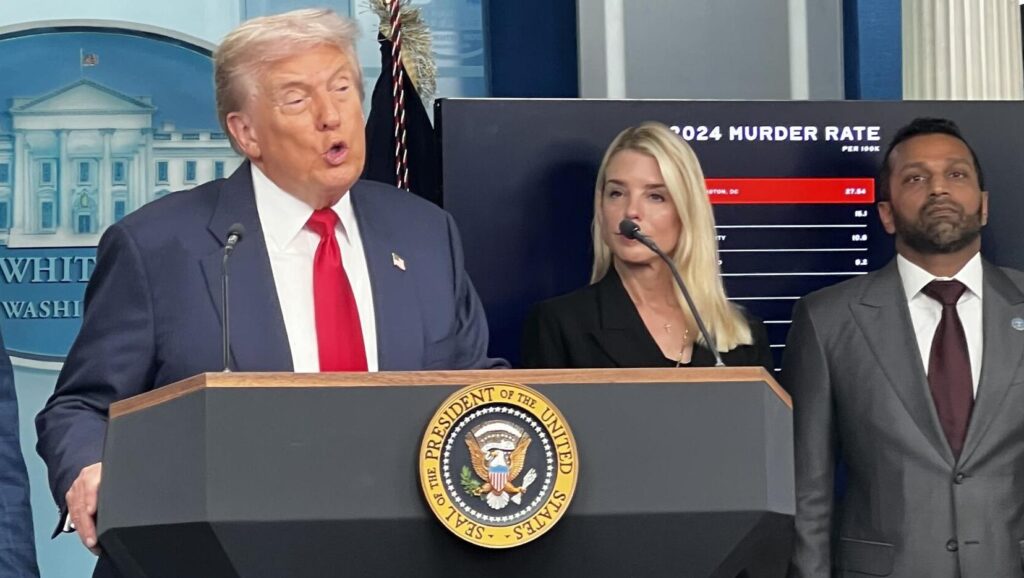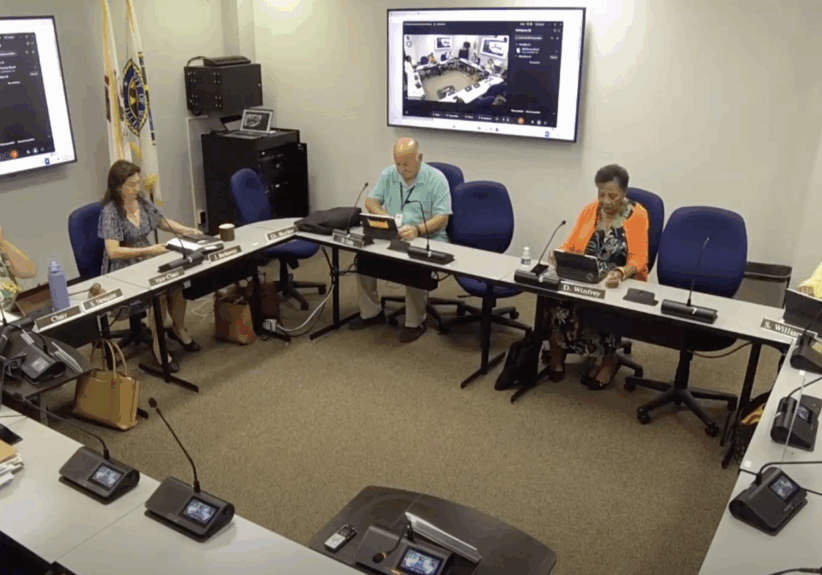
County Moves Forward with $200.8 Million Bond Refinancing Plan
Will County Finance Committee members on July 1 approved moving forward with a comprehensive bond refinancing ordinance that could save taxpayers more than $716,000 over the life of the bonds while addressing infrastructure and operational needs.
The committee unanimously approved an ordinance authorizing the issuance of General Obligation Alternate Revenue Bonds not to exceed $200,845,000 for the purpose of refunding and purchasing certain outstanding bonds from series 2015, 2016, and 2020. The proposal now heads to the full County Board for consideration on July 17.
Finance Committee Chair Sherry Newquist emphasized that the refinancing represents a smart financial move in the current interest rate environment. “This is based on financial conditions now and it won’t actually happen until November 2025 at the earliest,” Newquist said. “If for some reason financial conditions change, we will automatically have the option of not either tendering or refunding the bonds.”
Karen Hennessy from the Finance Department, along with Anthony Miselli from Speer Financial, presented the refinancing proposal to committee members. The plan would take advantage of favorable interest rates to reduce the county’s debt service obligations while maintaining the same revenue pledges that currently secure the bonds.
The bonds would be backed by sales and use taxes, landfill host fees from Prairie View Landfill, and transportation taxes, with ad valorem property taxes serving as additional security if needed. However, county officials stressed their intent to pay the bonds from the pledged revenues rather than property taxes.
Wells Fargo Securities would serve as the purchaser under the proposal, with Croke Fairchild Duarte & Beres LLC serving as bond counsel. Speer Financial would continue as the county’s financial advisor for the transaction.
According to the ordinance, the refinancing would target bonds that become callable on November 15, 2025, for the 2015 and 2016 series, while also potentially purchasing portions of the 2020 bonds through a tender offer process. This dual approach could maximize savings by allowing the county to retire debt that wouldn’t normally be refinanceable until later call dates.
The committee also received an operational update on the county’s Renewable Natural Gas (RNG) facility from project manager Greg Komperda and Land Use Director Dave Hartke. The facility has been performing well, running at 94-95% capacity for the past three months, which represents full operational capacity.
“The plan since we last been here has been running as it should for past three months,” Komperda reported. April production reached 71,000 MBTU, May hit 76,500 MBTU, and June was on track for 73,369 MBTU through mid-month. All figures exceeded production targets and minimum obligations.
The RNG facility generated $5.26 million in revenue through June 20, against $3.89 million in expenses, resulting in net income of $1.37 million. However, this figure doesn’t include debt service payments, which would result in approximately $1.2 million in negative cash flow, Komperda explained.
Committee members, particularly Julie Berkowicz, pressed for more information about potential solar power options to reduce the facility’s substantial electricity costs. The facility consumes about 3,500 kilowatts per hour, which would require 40-50 acres of solar panels to fully supply, officials estimated.
“We would need between 18 and 35 acres of land at premium like daylight full day,” Hartke explained. “So you’re probably looking at a solar farm around maybe 40 50 acres maybe around there to supply the electricity for the plant.”
Daniel Butler questioned the economics, noting that a full solar installation could cost hundreds of millions of dollars. Officials indicated that any solar development would need to wait until decisions are made about potential landfill expansion, as the uncertainty affects planning for permanent installations.
The committee also received the corporate fund budget-to-actual report for May from Budget Director ReShawn Howard. The report showed revenue collections of $58.3 million through May, representing 21.3% of the annual budget, while expenses totaled $117.8 million, or 43% of budget.
Howard noted that property tax receipts remain low at 2.8% of budget because the major distribution occurs in June. Other revenue categories are performing closer to expected levels, with intergovernmental revenue at 38.7% of budget and charges for services at 42.9%.
The committee processed several routine appropriation measures, including grant funds for the coroner’s office, stipend payments for elected officials, and enterprise zone fees for the Land Use Department. All items received unanimous approval.
Latest News Stories
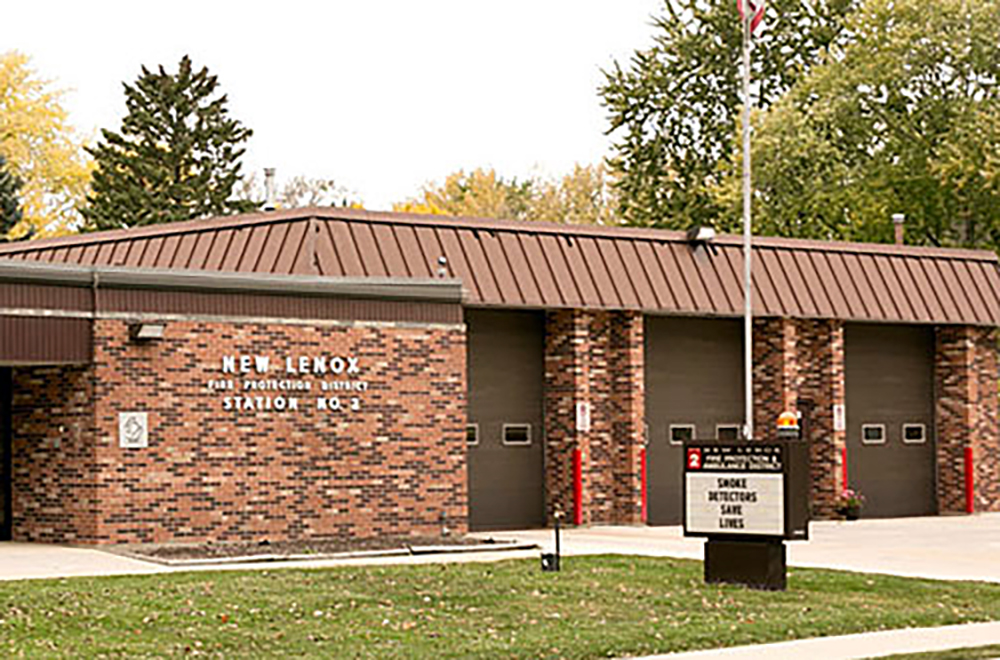
Station 62 Remodel Advances as Fire District Seeks to Waive Permit Fees
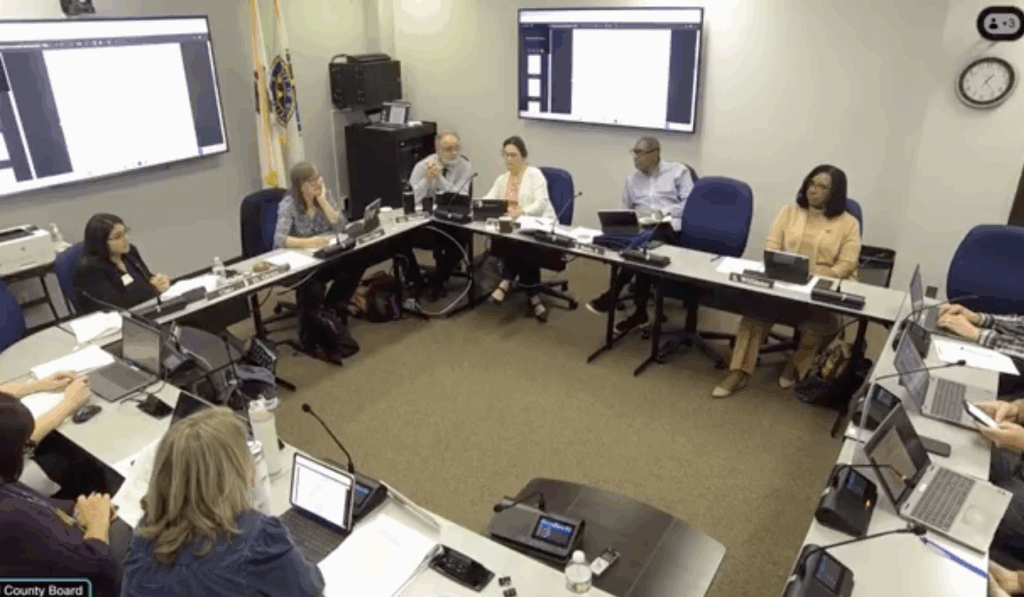
Will County Committee Shapes 2026 Legislative Agendas on Housing, Energy, and Health
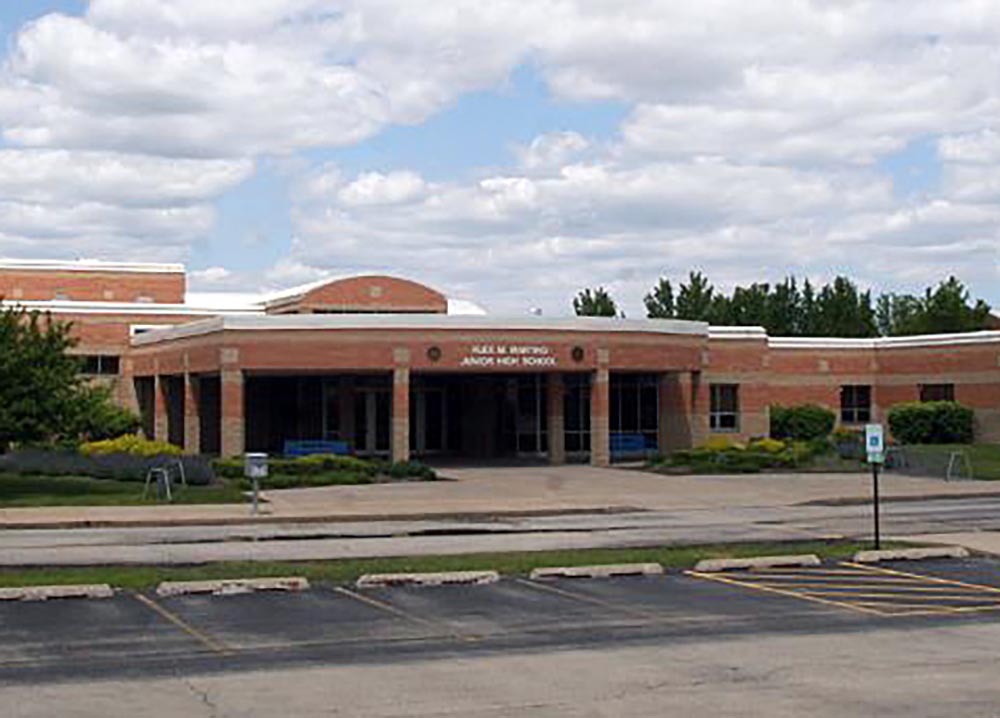
New Lenox School District 122 Considers Community Solar Program Promising $55K in Annual Savings

FAA funding problems hit airports in California, elsewhere
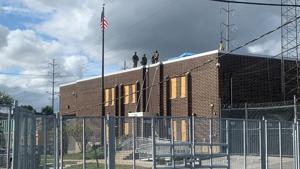
Judge bars ICE from acting against ‘protestors,’ ‘rapid response’ activists

Report: IL public schools show low academic proficiency, higher taxpayer funding

Watchdog: Special interest group paid legislators’ $25,000 resort bill

Union Pacific to ask appeals court for biometrics lawsuit exemption

Illinois quick hits: Notices of affected flights; injunction issued over ICE force
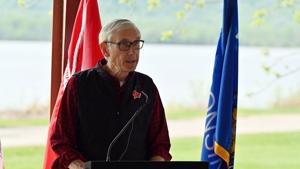
Evers, Grisham fly to Brazil for climate change summit as government remains shut down

Upcoming mass flight cancellations worry U.S. air travelers
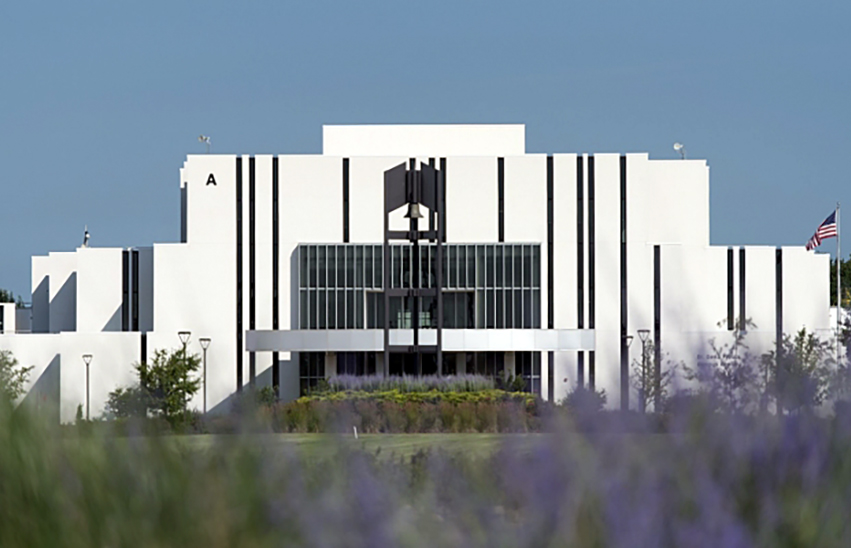
JJC Authorizes Land Buy for Grundy County Expansion, Secures Site in Morris
